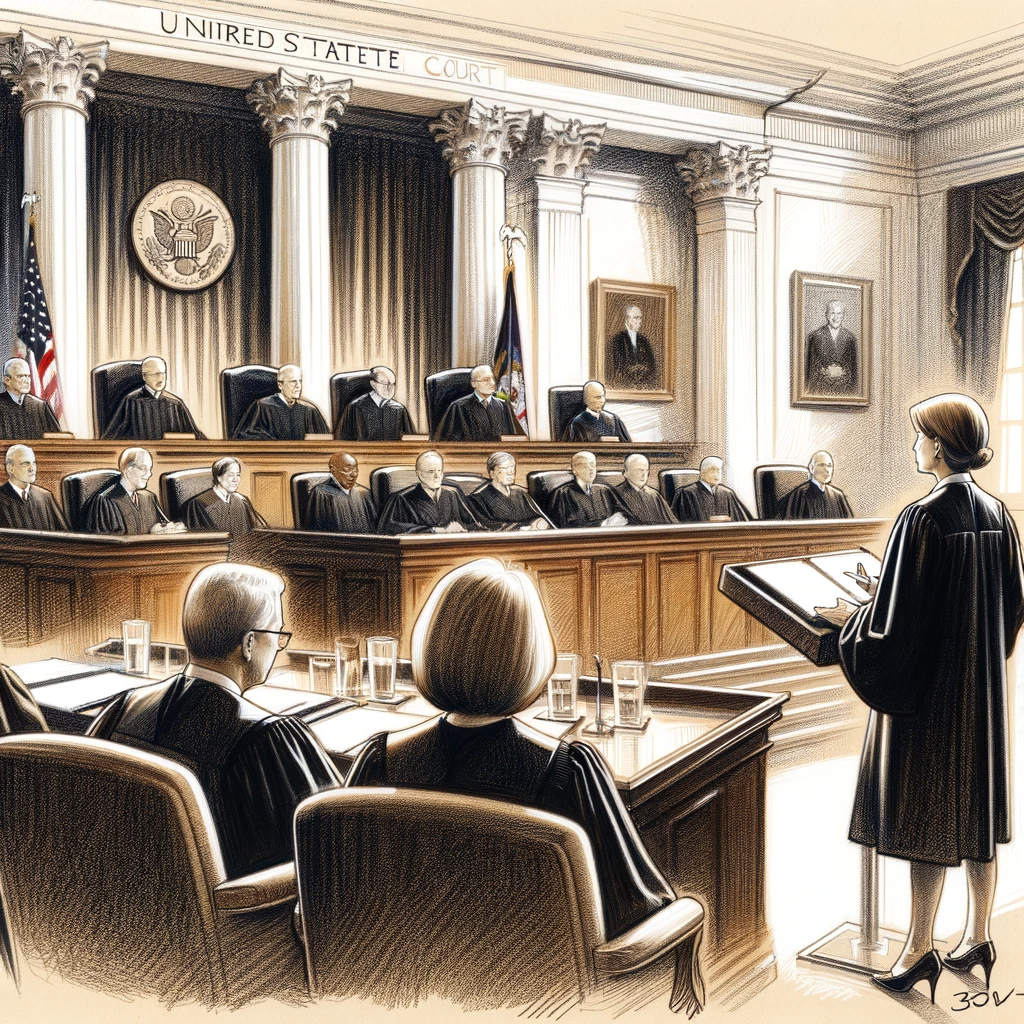Case Digest: 303 Creative LLC ET AL. v. Elenis ET AL.

This Supreme Court case focused on the intersection of free speech and anti-discrimination laws. The Court ruled that the First Amendment protects a website designer's right not to create content that contradicts their deeply held beliefs, in this case, related to same-sex marriage. This decision underscores the principle that freedom of expression cannot be compelled by the state, especially when it conflicts with personal convictions.
Introduction:
"303 Creative LLC v. Elenis" is a landmark Supreme Court case addressing the tension between free speech rights and anti-discrimination laws. It highlights the First Amendment's protection of individuals from being compelled to express messages that contradict their personal beliefs. This case digest explores the details, ruling, and implications of this significant decision.
Facts of the Case:
Lorie Smith, owner of 303 Creative LLC, a graphic design business, sought to offer wedding website services but was concerned that Colorado's Anti-Discrimination Act (CADA) would compel her to create content endorsing same-sex marriages, contrary to her belief in marriage as a union between a man and a woman. She filed a lawsuit seeking an injunction against the state to prevent such coercion.
Issue of the Case:
The key legal question was whether Colorado could compel Smith, under CADA, to create websites celebrating same-sex marriages, thereby forcing her to express a message contrary to her religious convictions, in violation of the First Amendment.
Ruling of the Case:
The Supreme Court held that the First Amendment prohibits Colorado from forcing Smith to create websites with messages that contradict her beliefs. This decision was grounded in the principle that individuals cannot be compelled by the government to express certain views, especially when these views conflict with their own deeply held beliefs.
Impact on the Legal System:
This ruling reaffirms the protection of free speech as enshrined in the First Amendment. It emphasizes that while anti-discrimination laws serve a crucial purpose, they cannot override an individual's right to free speech. This case sets a precedent in balancing the rights of free expression against the objectives of anti-discrimination statutes.
Conclusion:
The Supreme Court's decision in "303 Creative LLC v. Elenis" marks a significant moment in the ongoing dialogue about the limits of compelled speech and the scope of anti-discrimination laws. It underscores the Court's commitment to protecting individual liberties, particularly the freedom of expression, even when such protections might conflict with other societal goals like combating discrimination.

